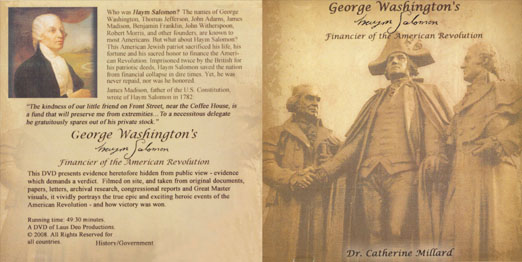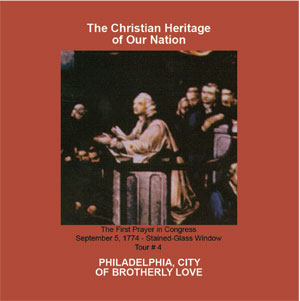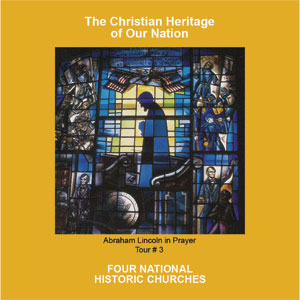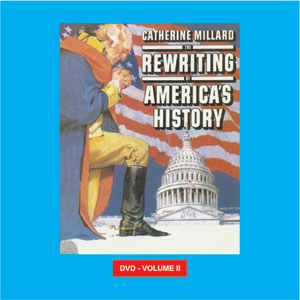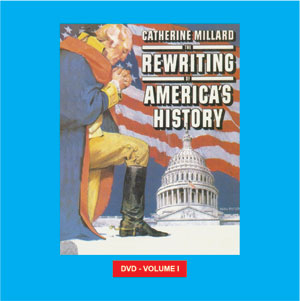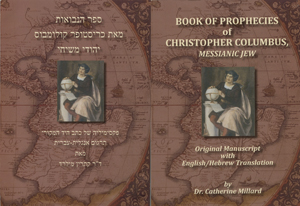| 1736 |
Born on 29th May, in Studley, Virginia |
| 1760 |
Admitted to the bar
|
1765-75
|
Member of the House of Burgesses,
Williamsburg, Virginia
|
| 1774-75 |
Member of the Continental Congress
|
1775
|
March 23rd – St. John’s Episcopal Church –
Speech “Give me Liberty or Give me Death!”
|
| 1776-79 |
Governor of Virginia
|
| 1780-84 |
Member of the Virginia legislature
|
| 1784-86 |
Governor of Virginia
|
| 1786-90 |
Member of the Virginia legislature
|
1788
|
Member of the Virginia Ratification
Convention
|
| 1799 |
Died 16th June in Charlotte County, Virginia.
|
It has been reported that Patrick Henry was “the student who failed.” How is it then, that he became a famous founding father – member of the Continental Congress and Governor of Virginia?
Patrick Henry was not an apt scholar at school. Later, he thoroughly demonstrated his incapacity for business, failing as a clerk, a farmer and a storekeeper. Finally, after a brief course of study, he was admitted to the bar.
As a lawyer, he was almost immediately successful, having more than 1,000 cases during the first three years of practice, and in 1763 he acquired sudden fame as an orator. He greatly increased his practice by a radical speech in a celebrated case known as the “Parson’s Cause.” In this speech he denied the right of the King to abrogate acts of the colonial legislature. Shortly thereafter, in 1765 he was elected to the Virginia House of Burgesses, attracting attention immediately by preparing and presenting the resolutions directed against the Stamp Act, asserting the virtual independence of the colonial legislatures, so far at least as the British Parliament was concerned.1
He was an ardent member of the Continental Congress, being a delegate from Virginia to the First Continental Congress, convening from September 5th – October 26th, 1774 in Carpenters’ Hall, Philadelphia. On March 23th 1775, Patrick Henry addressed the Second Virginia Convention convening at St. John’s Episcopal Church, Henrico Parish, in Richmond, Virginia; the British Governor having removed them from the House of Burgesses for their deliberations upon Independence. His ringing speech, igniting the American Revolution, ended thus:
“…An appeal to arms and to the God of Hosts is all that is left us. They tell us, sir, that we are weak; unable to cope with so formidable an adversary. But when shall we be stronger? Will it be the next week, or the next year? Will it be when we are totally disarmed, and when the British guard shall be stationed in every house? Shall we gather strength by irresolution and inaction? Shall we acquire the means of effectual resistance by lying supinely on our backs, and hugging the delusive phantom of hope, until our enemies shall have bound us hand and foot? Sir, we are not weak, if we make a proper use of the means which the God of nature hath placed in our power. Three millions of people armed in the holy cause of liberty, and in such a country as that which we possess, are invincible by any force which our enemy can send against us. Besides, Sir, we shall not fight our battles alone. There is a just God who presides over the destinies of nations; and who will raise up friends to fight our battles for us. The battle, Sir, is not to the strong alone; it is to the vigilant, the active, the brave…There is no retreat but in submission and slavery! Our chains are forged! Their clanking may be heard on the plains of Boston! The war is inevitable – and let it come! I repeat it, Sir, let it come!…Gentlemen may cry peace, peace – but there is no peace. The war is actually begun! The next gale that sweeps from the North will bring to our ears the clash of resounding arms! Our brethren are already in the field! Why stand we here idle? What is it that gentlemen wish? What would they have? Is life so dear, or peace so sweet, as to be purchased at the price of chains and slavery? Forbid it, Almighty God! I know not what course others may take; but as for me –
Give me liberty, or give me death!”
This talented founding father, whose oratory and fiery eloquence catapulted the Virginia delegates into action; commanded the Virginia militia; helped to frame the State constitution; was Governor of Virginia in 1776–79; a member of the Virginia legislature from 1780–84; again elected Governor from 1784–86; and served in the Virginia legislature from 1786–90. Daniel Webster excepted, Patrick Henry was probably the greatest of American orators. 2
To learn more, click here.
___________________________
Bibliography:
1
Scott, Walter Dill, B.A., Ph.D., L.L.D., (ed.). President Emeritus, Northwestern University. The American Peoples Encyclopedia. Patrick Henry. Chicago: The Spencer Press, Inc., 1948.
2
Ibid.

